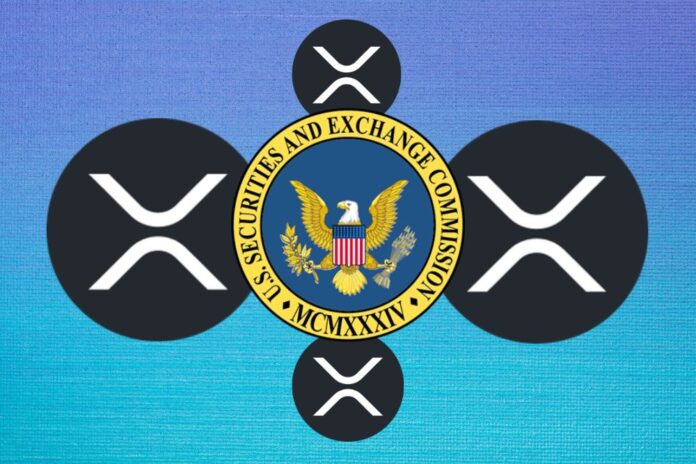Prominent attorney Michael Selig has asserted that there is no common relationship between Ripple and purchasers of XRP, regardless of the potential expectation of profit from programmatic sales.
Selig’s comments came in response to the SEC’s request for permission to file an interlocutory appeal following Judge Analisa Torres’ ruling on Ripple’s programmatic sale of XRP.
Read Also: XRP Ruling: Judge Analisa Torres Faces Two Options in the Event of US SEC Appeal Victory
Judge Torres had declared that both Ripple’s XRP programmatic sales and sales on exchanges to retail investors did not qualify as investment contracts.
The absence of an expectation of gains directly from Ripple’s efforts led the judge to classify programmatic sales of XRP on exchanges as non-securities. Expectedly, the SEC expressed discontent with the decision and sought permission to appeal.
No Common Relationship between Ripple and XRP Buyers
Legal experts have been speculating about the potential outcome of the appeal if it is granted. Attorney Michael Selig, from Willkie Farr & Gallagher LLP, commented on the common enterprise factor of the Howey test, which examines investment contracts. He highlighted that there is no common relationship between Ripple and XRP purchasers, making it challenging for the SEC to overturn Judge Torres’s decision.
Selig acknowledged that programmatic sales raise more complex issues than other distributions and suggested that the court consider other factors in the Howey test. Nonetheless, he firmly stated that XRP is ultimately classified as a non-security in programmatic sales and other forms of distribution.
"There's no common relationship between Ripple and the purchasers," @WillkieFarr’s @MikeSeligEsq says.
"I do think XRP ultimately is still deemed in these types of transactions to be a non-security."
Watch more, presented by @trondao: https://t.co/pBdWqHlGrU pic.twitter.com/4q2wNiSfoz
— CoinDesk (@CoinDesk) August 10, 2023
SEC’s Failure to Establish Common Enterprise
Moreover, attorney John Deaton, founder of Crypto-Law.US, shared similar sentiments regarding the SEC’s struggle to satisfy the common enterprise factor in the lawsuit.
The agency initially argued that Ripple represented the common enterprise but later abandoned this stance when Ripple demonstrated that XRP holders did not receive any interest from the company.
We are on twitter, follow us to connect with us :- @TimesTabloid1
— TimesTabloid (@TimesTabloid1) July 15, 2023
Read Also: Ripple CTO Schwartz Points Up Why SEC Cannot File Immediate Appeal Against XRP Victory
Interestingly, the SEC then shifted its position, alleging that the entire XRP ecosystem, including exchanges and XRP holders globally, constituted the common enterprise. However, this argument did not hold, leading the SEC to claim that XRP itself represented the common enterprise.
Deaton emphasized that the SEC failed to satisfy the common enterprise factor, suggesting that even if the Second Circuit found Judge Torres erred in applying the Howey test’s third factor, the case would still be remanded. He speculated that Judge Torres would apply the common enterprise factor to XRP’s programmatic sales and other distributions, finding that they do not constitute investment contracts in light of the SEC’s inability to establish a common enterprise.
The implications of the SEC’s appeal and the broader legal ramifications for Ripple and the XRP ecosystem continue to unfold as the case progresses.
Follow us on Twitter, Facebook, Telegram, and Google News



